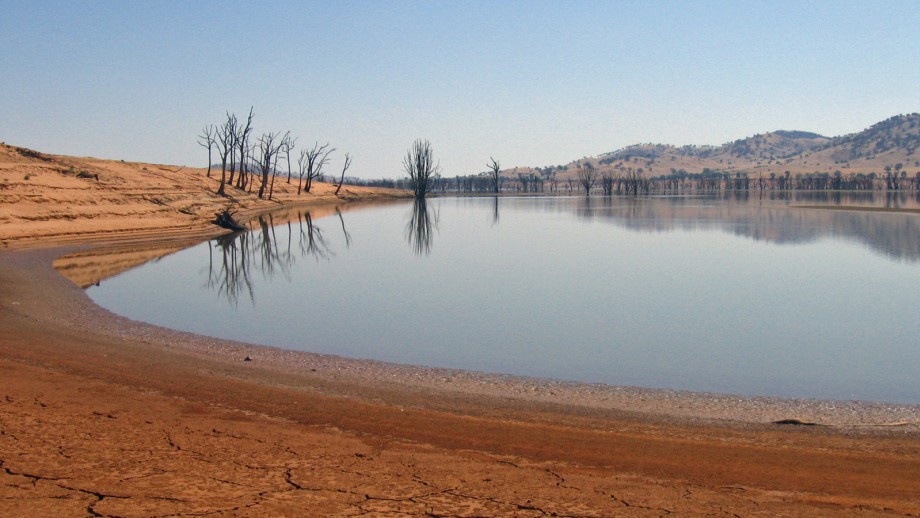IPCC presents climate findings in Australia
Experts from Intergovernmental Panel on Climate Change (IPCC) will outline the findings of their Fifth Assessment Report (AR5), and how to limit and adapt to climate change, at briefings and a public lecture in Canberra on Wednesday 12 August.The AR5 found the world has the means to limit global warming and build a more prosperous, sustainable future including through adapting to a changing climate.
The Australian National University (ANU) will host IPCC experts at a media briefing at 10am on Wednesday 12 August in room R2116 at Parliament House. A public lecture will be held at ANU from 6pm.
"Australia is vulnerable to climate change," said Andy Reisinger, one of the IPCC report lead authors and deputy director of the New Zealand Agricultural Greenhouse Gas Research Centre.
"Climate and weather extremes over the past few years have resulted in increased bleaching of coral reefs, damage to infrastructure and deaths during major floods and heat waves, major bushfires and loss of agricultural production during extended droughts," he said.
"The frequency and/or intensity of such climatic extremes is projected to increase with climate change in many locations."
Limiting climate change requires substantial and sustained reductions of greenhouse gas emissions and although AR5 found a considerable increase in global action to curb greenhouse gases since the IPCC's previous report, emissions are continuing to rise and more action is required.
The public lecture will feature IPCC Working Group III Co-Chair Youba Sokona (Mali) and IPCC Vice-Chair Jean-Pascal van Ypersele (Belgium), as well as lead authors Dr Reisinger (NZ) and Debra Roberts (South Africa).
Also on the panel will be Australian lead authors Mark Howden, Director of the ANU Climate Change Institute, and Frank Jotzo, Director of the ANU Centre for Climate Economics and Policy.
They will be joined by special guest, ACT Deputy Chief Minister and Minister for the Environment Simon Corbell MLA.
Dr Howden said climate change had direct economic and human impacts, but measures to limit climate change also provided significant opportunities.
"Action to reduce and adapt to climate change can generate numerous social and economic benefits including opportunities for job creation, improvements in human health, food security, energy independence, biodiversity and more sustainable cities," he said.
The briefings and lecture are part of a series of IPCC events around the world to explain the findings of AR5 as nations prepare to negotiate a new global agreement on climate change in Paris in December.
Details of the public lecture are available on the ANU events page.

